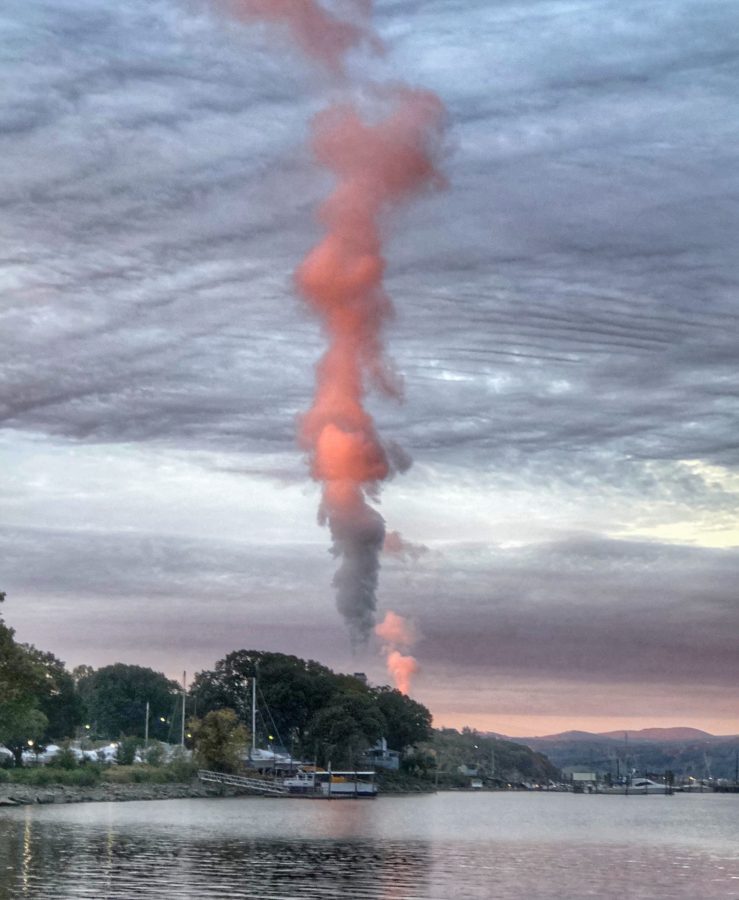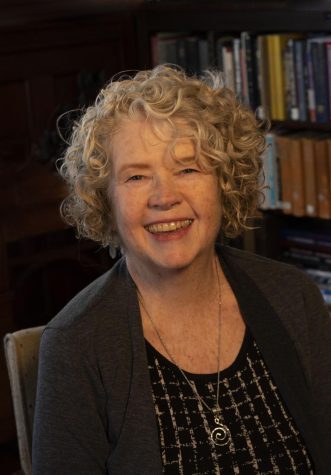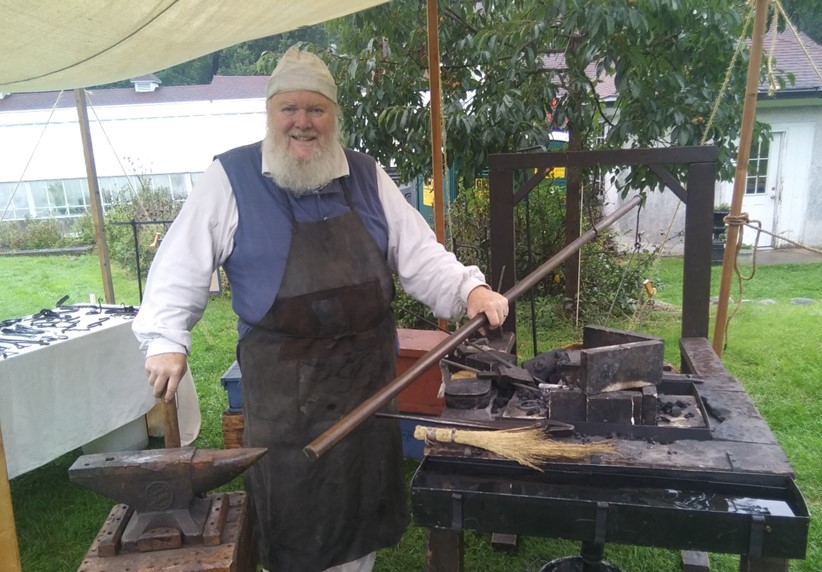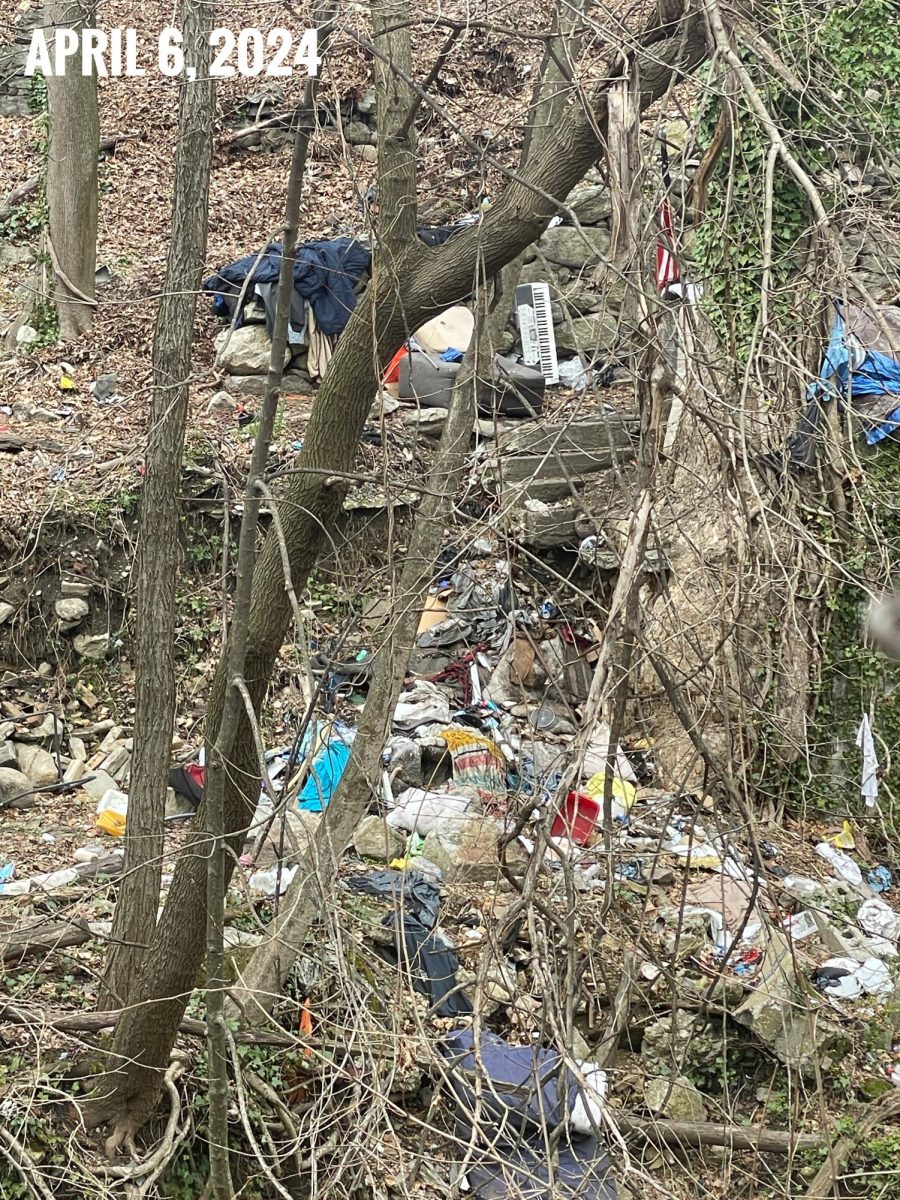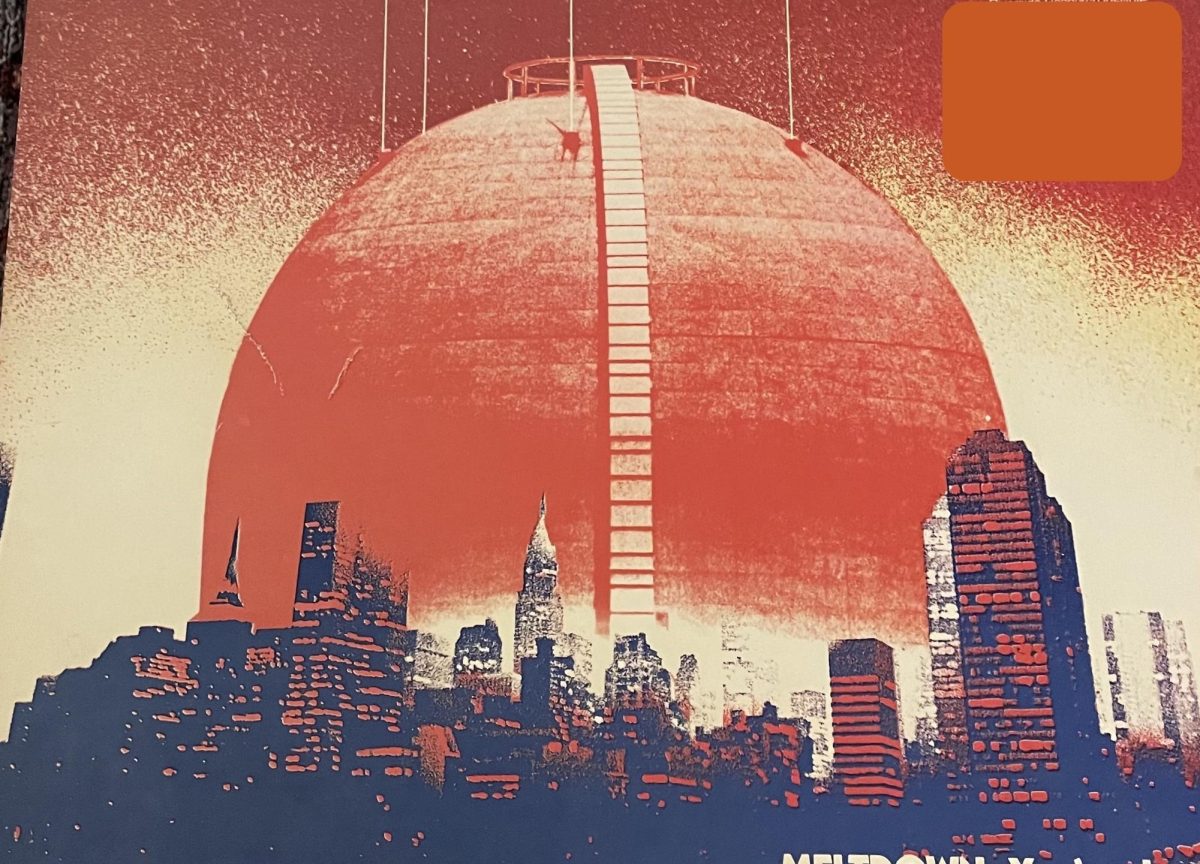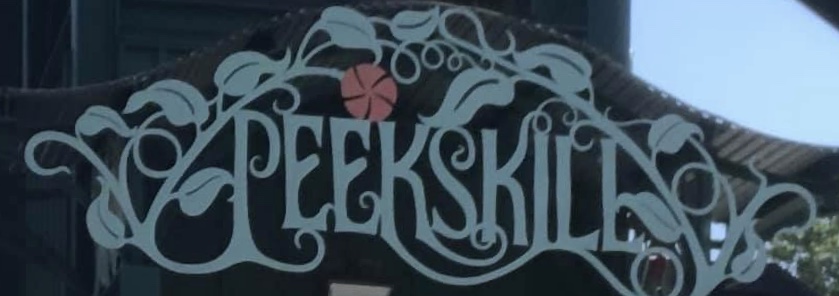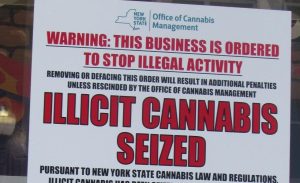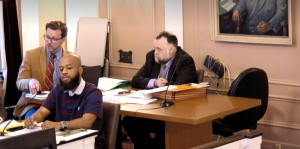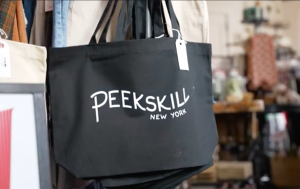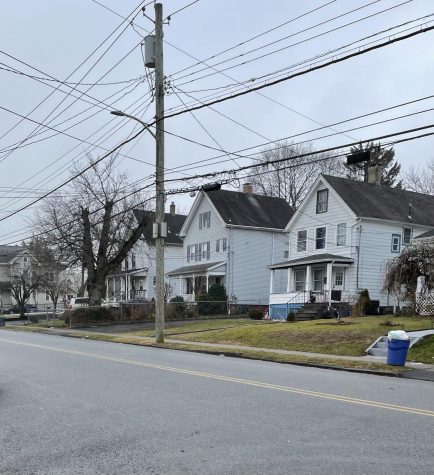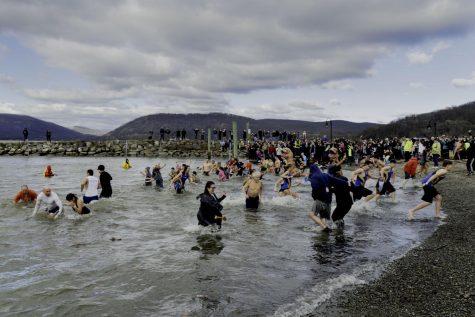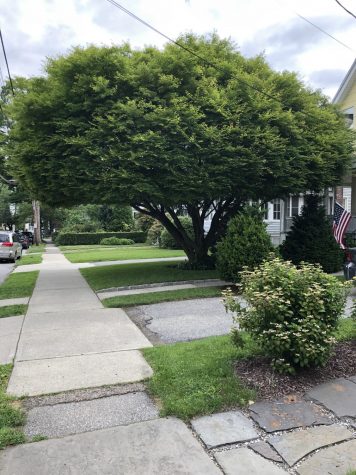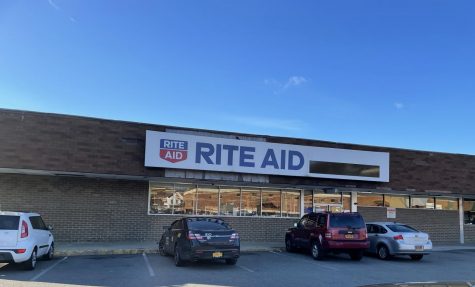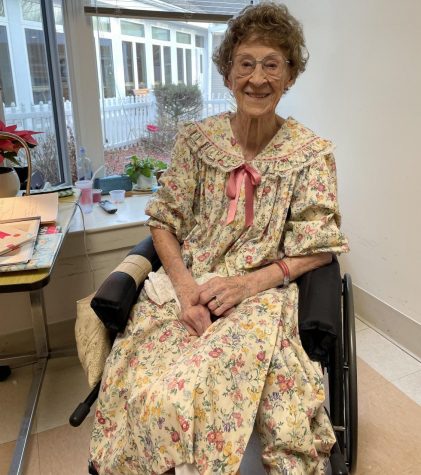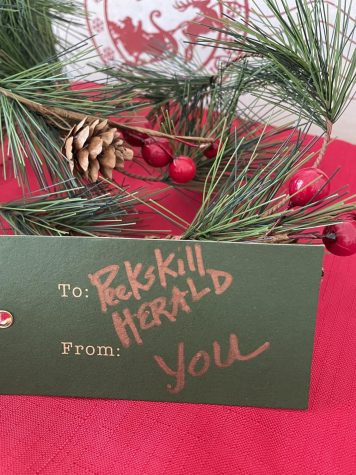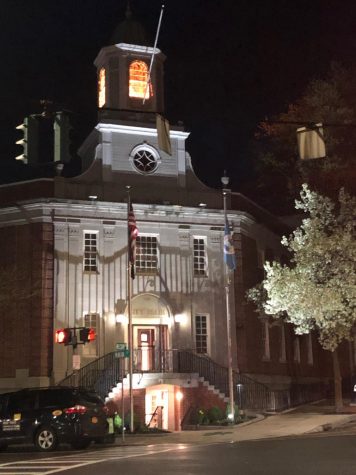New Peekskill group aims to close Wheelabrator incinerator
‘Learn not to burn’ in effort to achieve “Zero Waste” in Westchester
October 14, 2021
Peekskill’s distinction of hosting the largest polluter in Westchester County and the city’s designation as an environmental justice community were instrumental in the awarding of grant money to hire a community organizer for the newly formed Westchester Alliance for Sustainable Solutions (WASS). The group was created to lead a county-wide effort to move all Westchester communities to Zero Waste and make Wheelabrator Westchester obsolete.
Peekskill’s Wheelabrator plant at Charles Point has been burning most of the county’s trash since 1984. Its permit to operate has been extended for ten years and is set to expire in 2029. If it makes it to that age, it will be the oldest incinerator in the country. No new solid waste incinerators have been built in the US in 30 years. The average waste-to-energy plant’s retirement is around 23 years old. Peekskill Wheelabrator is 37 years old.
“As long as there’s garbage that needs to be sent somewhere, there’s the urge to burn it,” said Courtney Williams of Peekskill’s Conservation Advisory Council and the founder of WASS. “Incineration is the worst way to dispose of trash. People think it’s better because they are not seeing it, but tons and tons of toxins are being spewed into the air. Landfill versus incineration is a false choice.”
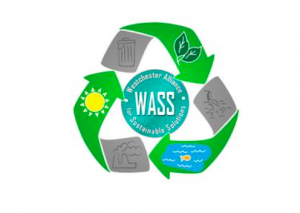
Environmental Justice communities are defined as communities most impacted by environmental harms and risks, and generally are areas where negative environmental factors such as pollution intersect with at-risk communities such as the poor, minorities, and indigenous populations, resulting in a local population that is often “overburdened” by the combination. One frequent result is higher-than-average health disparities.
Much of Peekskill has been designated a “Potential Environmental Justice Area” by the New York State DEC’s Office of Environmental Justice, making those neighborhoods eligible for certain grants and environmental improvement programs.
WASS received money from three organizations to fund a full-time position of community organizer who will work to move Peekskill from being a victim of environmental racism to an example of a successful transition – from harmful incineration to sustainable solutions that provide stable, good paying jobs to support the community. “Ideally the candidate will be from Peekskill,” said Williams. The job description for the full-time position can be found here.
Because Wheelabrator burns most of Westchester’s trash, it will take a county-wide effort to close it, eliminate the environmental and public harms it causes, and ensure a just transition for Peekskill residents in sustainable waste diversion strategies, according to the grant application from WASS.
“Westchester feels like it’s got its waste problem solved,” said Williams. The county is funding a small-scale food scrap composting demonstration and education site in Valhalla and municipalities recycle paper and plastic but it’s not enough, she says. “Our goal is to divert as much as possible from the waste stream,” said Williams. “Recycling isn’t enough and we need to not generate so much waste.” Food scraps will be dramatically reduced from the waste that goes to Wheelabrator beginning in January, when a new state law takes effect which requires businesses and institutions that generate an annual average of two tons or more of wasted food per week to donate excess edible food and recycle all remaining food scraps. The new mandate affects businesses that are within 25 miles of an organics recycler (composting facility, anaerobic digester, etc.).
A key component of the organizer’s job will be to build political power by raising awareness among county residents and environmental organizations with teach-ins and film screenings like The Sacrifice Zone, which was shown last Thursday at the Peekskill Conservation Advisory Council’s meeting. The film is about a section of Newark called the Ironbound where environmental justice activist Maria Lopez-Nunoz leads a group of citizens determined to break the cycle of poor communities of color serving as dumping grounds for our consumer society.
Another aspect of the work of making Wheelabrator Peekskill obsolete involves the payments the company makes to the city in lieu of taxes (PILOTs) – and the charitable financial contributions it provides to organizations in the city. “We want Peekskill to lead the charge to show that there are ways to have a reclamation facility that provides income and good green jobs,” said Williams. “There are solutions that check all the boxes,” she said.
When citizens are activated because of what they’ve learned, they can take the issues to their county legislators. Changing public policy around waste is crucial, says Mike Erwell, executive director of the Energy Justice Network, whose organization will supervise the community organizer.
Erwell said there are three options for dealing with solid waste. The current plan is where Westchester Wheelabrator burns 70 percent of the trash and puts it into the air while burying the remaining 30 percent at an ash landfill in Northeast Connecticut where the community is fighting to stop expansion, said Erwell. A second option is to bury waste at a landfill which some feel is a lesser evil than burning trash.
The third option is the approach that WASS is pursuing. The Zero Waste approach is not unlike other “zero” approaches, said Erwell. “We have zero drug zones, zero injury policies at companies. No CEO would say they are trying to have 5 industry accidents a year. Zero is a term commonly used for other areas; we need to do that with waste as well.”
Getting public policy as close to zero is the goal. It’s not just about educating the public. That is necessary but is not going to get us further, said Erwell. “It’s not adequate.” What needs to happen is change at an institutional level. There are 10,000 communities across the country that have shown how economic incentives along with the proper tools can change the pattern of waste.
He referenced Baltimore and the way the Energy Justice Network worked in that city around Wheelabrator Baltimore’s trash incinerator plant. Residents were given free recycling containers from Energy Justice Network because the city charged for them and education about what could and couldn’t be recycled. Block captains were hired to weigh bins of recyclables, and households that reduced the most received financial incentives. “It’s the same idea as paying for gas, water and electricity,” said Erwell. “You have one family that puts out one garbage bag and the next house puts out 10 and both pay the same price.”
The concept of ‘pay as you throw’ helps you think about what you put in the waste stream” said Williams. “It brings out the inner cheapskate in everyone.”
There are existing sustainable methods of waste diversion, and Westcheser can’t be caught unaware when the aging Wheelabrator plant is no longer viable. “It’s time to hurry up and solve it before it’s an emergency because the county ignored the writing on the wall,” said Williams.



